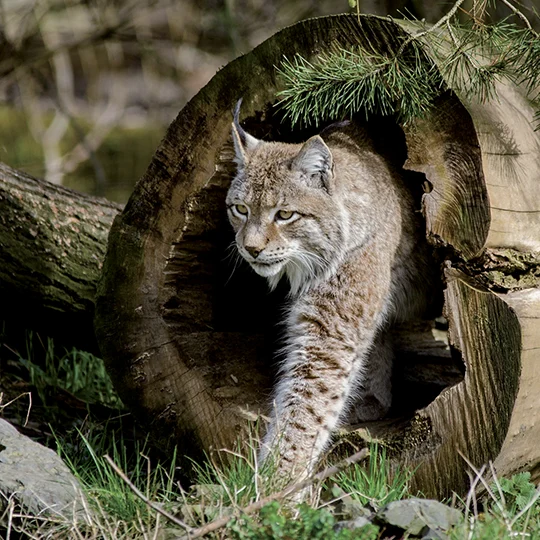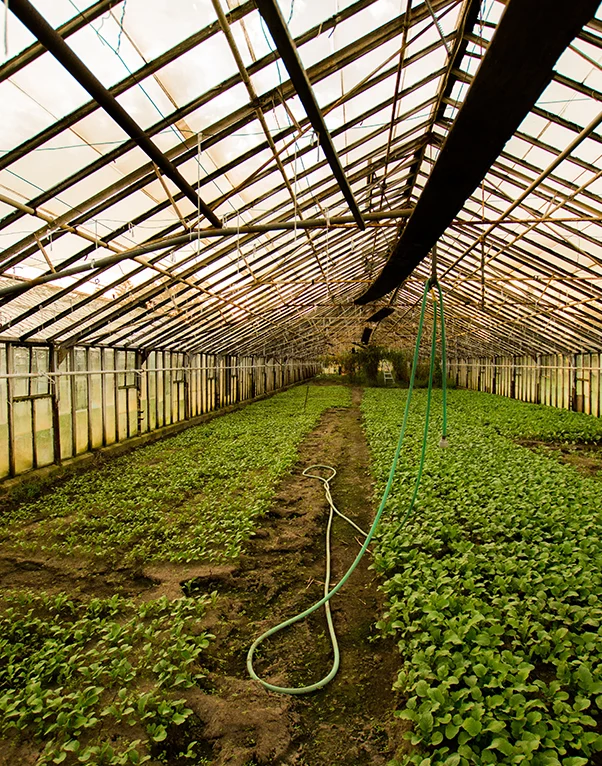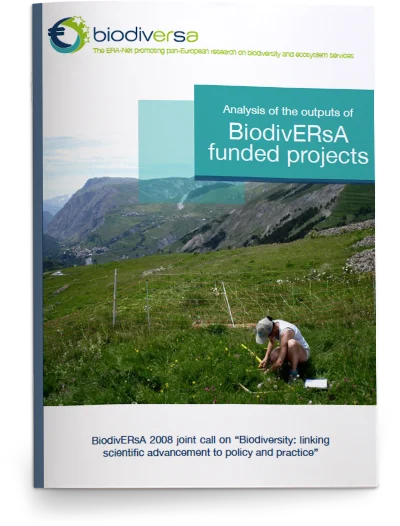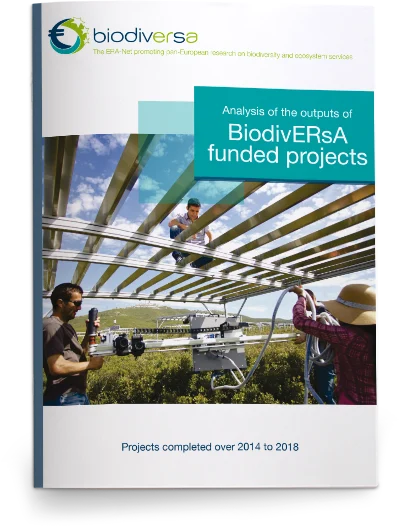Since its creation, Biodiversa has worked to programme and support research that tackles key scientific questions at the forefront of current knowledge and responds to pressing issues for society (including policy-makers), e.g. how to protect, manage and use biodiversity and ecosystems in a sustainable way. After having developed a whole set of tools and practices to encourage stakeholder engagement at every step of the research funding and implementention process, the network decided to evaluate to what extent its approach is successful, i.e. to what extent the projects funded by Biodiversa are able to effectively deliver high-profile academic products, while fruitfully engaging with relevant stakeholders and delivering a range of society-relevant products. The analysis was performed on the research projects funded in the 2008 call and then on three calls from 2010 to 2013.

These analyses present general statistics at the overall call level, looking at the volume and quality of scientific publications, the international networking effect of such a pan-European approach to research programming and funding, and the types of stakeholders researchers have worked with, and how closely. The methodology is largely inspired from the BiodivERsA Stakeholder Engagement Handbook developed and made available to researchers by the network.The reports also present individual projects’ outputs (scientific publications and stakeholder-relevant products), with concrete figures and facts.
The results of these analyses demonstrate that research supported by BiodivERsA is effectively linking scientific advancement – with major breakthroughs – to policy and practice thanks to very efficient links and collaboration with relevant stakeholders. At a time where the co-creation of knowledge across disciplines and links to policy and civil society issues is increasingly called for, this report demonstrates that BiodivERsA promotes an innovative alliance between so-called ‘basic’ and ‘applied’ research while avoiding the trade-off often feared between academic excellence and societal impact, and even for some indicators positive correlations between the two. This also demonstrates that many biodiversity researchers have developed skills to collaborate with relevant societal groups, reaching very efficiently the goals of scientific excellence and relevance of research results for society and policy.


